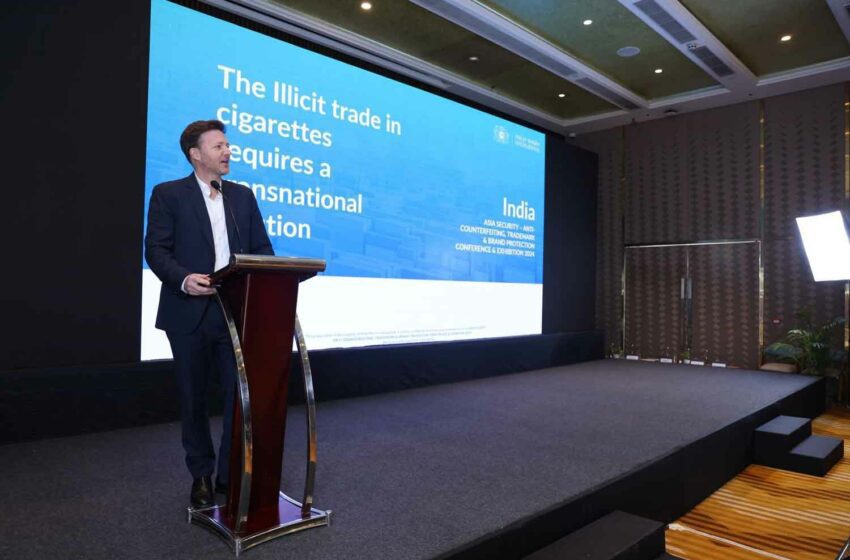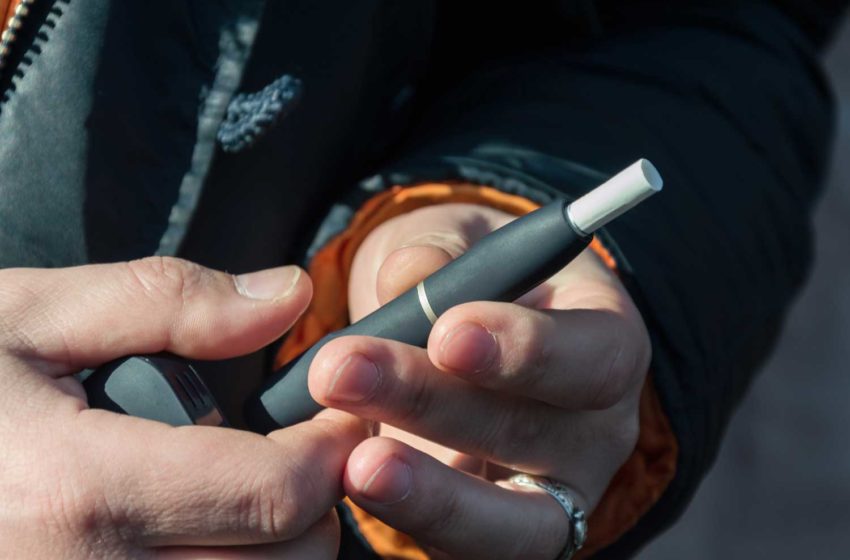Anti-tobacco activists are questioning Philip Morris International’s figures on the number of people who have quit smoking using the company’s bestselling heat-not-burn device, IQOS, reports Reuters.
The move comes as the U.S. Food and Drug Administration is considering PMI’s application for renewal of its IQOS3 exposure modification order, along with the company’s premarket tobacco product applications for IQOS Iluma and request for permission to make reduced exposure claims for that product.
In a joint letter to the U.S. Food and Drug Administration, dated June 27, six health groups, including the Campaign for Tobacco-Free Kids, the American Academy of Pediatrics and the American Lung Association, cited yet-to-be published independent studies contradicting PMI’s findings about how many IQOS users completely switch to the device from cigarettes.
According to letter writers, the International Tobacco Control Project (ITC) at Canada’s University of Waterloo found a far lower rate of IQOS users had quit smoking in Japan and Korea than estimates from PMI.
PMI estimates more than seven out of 10 of its registered IQOS customers globally have quit cigarettes. A 2023 PMI application to the FDA emphasized that the majority of IQOS users were using IQOS exclusively.
However, the ITC’s researchers put the percentage of all IQOS users that had quit smoking at just 15 percent in Japan and 30 percent in Korea in 2021.
Users most commonly used IQOS and cigarettes simultaneously, often leading to an overall increase in tobacco consumption, the ITC researchers found.
PMI pointed to a 2019 Japanese government health survey, where 75 percent of respondents who reported using heated tobacco said they did not smoke.
However, a paper published this year, led by researchers from Georgetown University, highlighted flaws in the government’s survey, including changes to the question format that can lead to under-reporting of smoking.
Other surveys have also found higher rates of dual use than the government, it said.
In addition to questioning the smoking cessation rates quoted by PMI, the health groups accused the multinational of making deceptive statements wrongly suggesting that the FDA has found IQOS reduced the risk of disease, citing examples of such statements in the U.S., Kazakhstan, the Philippines and Mexico.
A PMI spokesperson told Reuters the language flagged by campaigners was, in the company’s view, compatible with the FDA’s orders.
“Wherever we discuss our science and our products, we do so in accordance with all applicable laws,” the spokesperson was quoted as saying.




















